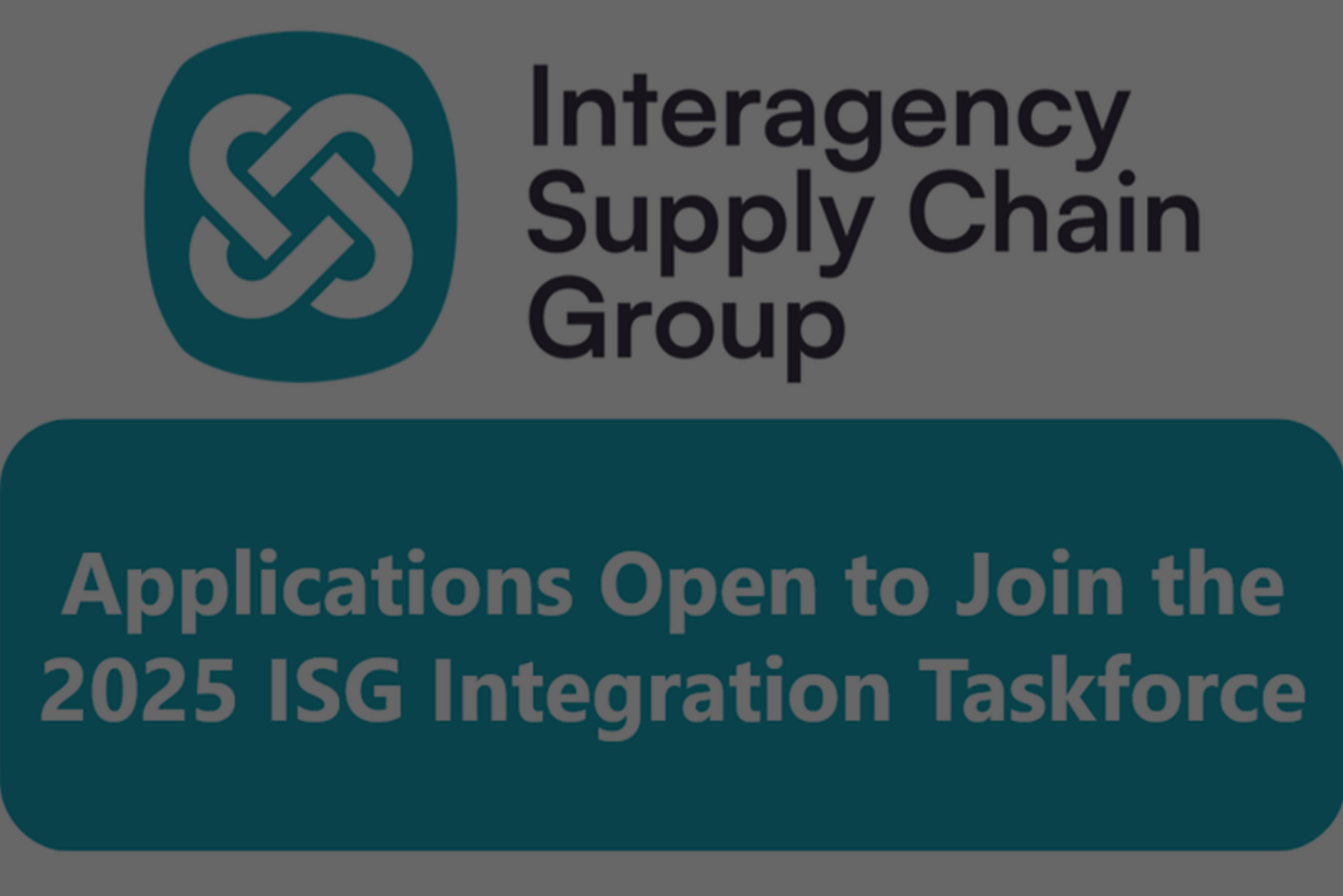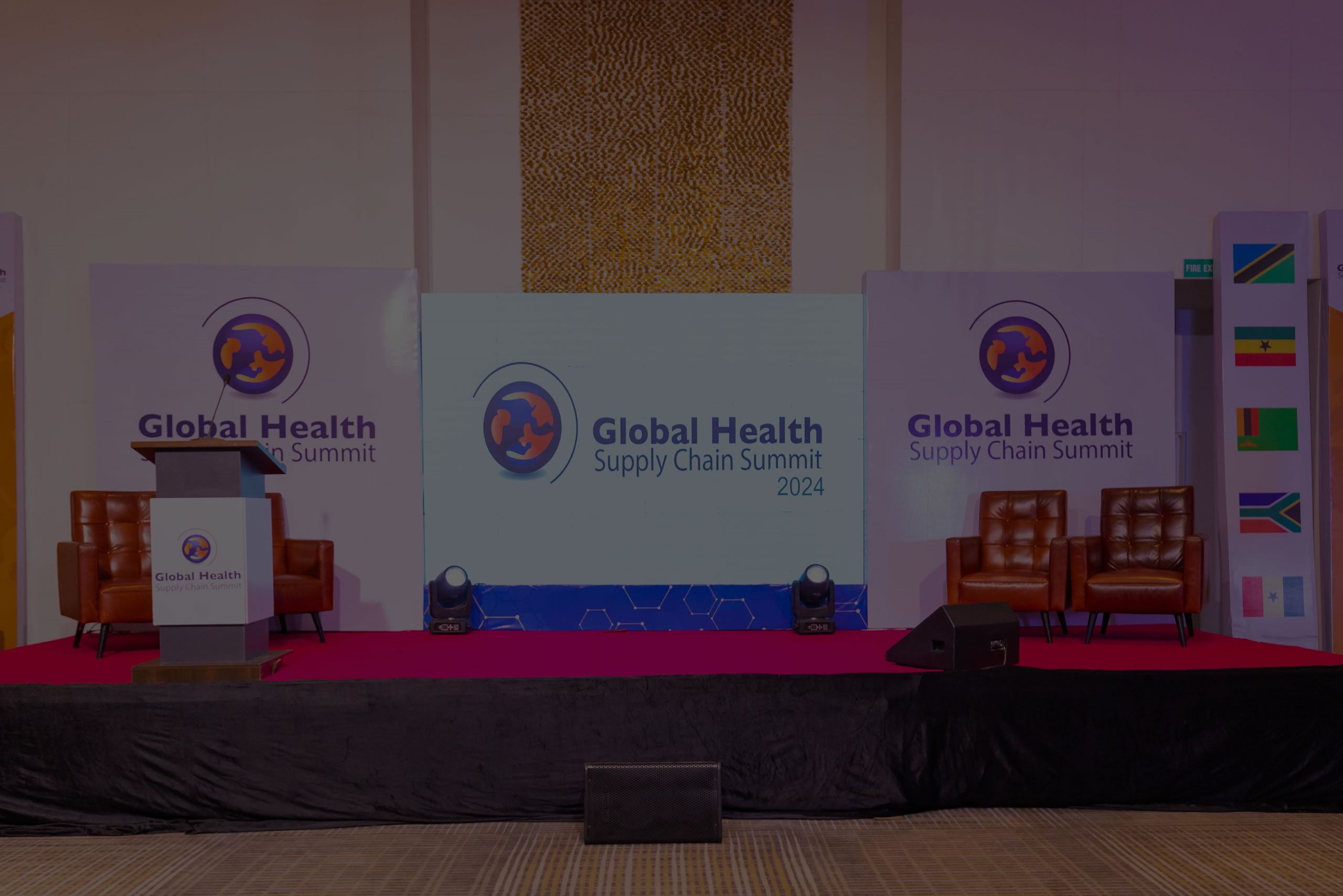Investing in African innovation
A BMGF-funded report suggests that leveraging technology could be pivotal to overcoming supply chain constraints in Africa
Technology could be essential to overcoming the supply chain constraints that hinder the movement of essential medicines from manufacturers to patients in Africa, according to a new report funded by the Bill & Melinda Gates Foundation.
The report, produced by healthcare consulting firm Salient Advisory, also suggests that start-ups across the continent are developing innovative commercial models to transform health product distribution for patients and providers.
Speaking at the launch of the report,Remi Adeseun, FPSN, Director of Salient said, “In our conversations with African innovators, it is clear the global pandemic has stimulated digital healthcare start-ups to develop innovative and commercially viable solutions that will transform health product distribution for consumers and providers alike.”
He does however point out that “while technology-driven innovations continue to grow, our report has highlighted many constraints faced by innovators across the continent, including a lack of access to capital and un-harmonised regulatory environments.”
As such, the report calls for global health actors such as donor agencies, governments and investors to accelerate the impact and scale of African innovators.
Key findings
According to Dr. Paulin Basinga, Director, Health, Africa of the Bill and Melinda Gates Foundation, “Salient’s market intelligence report reveals a huge potential for African health tech innovators to help build the health systems of the future, bringing about more effective, efficient and equitable access for all.”
More than 60 new and existing private firms are now distributing health products to patients and hospitals with the use of technology across Nigeria, Ghana, Kenya and Uganda. Very few companies, however, are active in this space across Francophone Africa.
The findings also show that companies are expanding services to include lending and telemedicine, and are adapting to distribute products to rural customers in addition to those in urban areas. Most companies though are still in the early stages of maturity and operate in a single country. Grant, equity and debt financing for innovators, meanwhile remains limited and highly concentrated.
Investing in African founders
The report’s authors suggest that given that health systems are creaking in the wake of COVID-19, Global health stakeholders should support, partner with and scale up cost-effective, locally driven, technology-enabled innovators.
The number one priority is to invest in African founders. Investment ecosystems must be reshaped to ensure that more equitable funding and professionalised support is accessible to high-potential African founders.
What’s more, mainstream partnerships with the most promising companies are recommended to drive impact and scale, while the sector, they say, requires the introduction and harmonisation of innovation-friendly regulations.
Read the report here.


